Beth Mole

Trustworthy journalism comes at a price.
Scientists and journalists share a core belief in questioning, observing and verifying to reach the truth. Science News reports on crucial research and discovery across science disciplines. We need your financial support to make it happen – every contribution makes a difference.
All Stories by Beth Mole
-
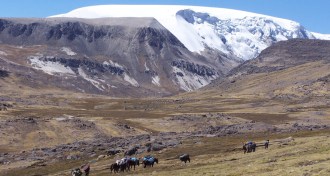 Environment
EnvironmentHumans’ environmental rap sheet gets longer
Ice cores reveal human-caused air pollution 240 years before the Industrial Revolution.
-
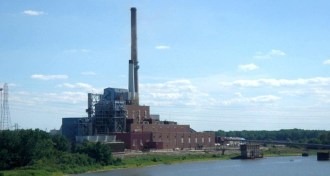 Environment
EnvironmentFunding canceled for clean coal plant
The Department of Energy has scrapped funding for FutureGen, a project to use new technology to sequester carbon dioxide emissions from a coal power plant.
-
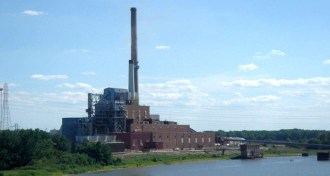 Environment
EnvironmentFunding canceled for clean coal plant
The Department of Energy has scrapped funding for FutureGen, a project to use new technology to sequester carbon dioxide emissions from a coal power plant.
-
 Materials Science
Materials ScienceOxygen sneaks into titanium, making it brittle
Oxygen atoms trigger defects in titanium’s atomic structure, making the metal brittle.
-
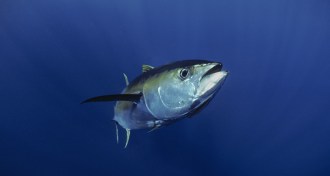 Environment
EnvironmentTuna mercury rising
From 1998 to 2008, mercury levels in Hawaiian Yellowfin tuna have increased by 3.8 percent per year, researchers suggest.
-
 Agriculture
AgricultureSuperbugs take flight from cattle farms
Winds can carry antibiotics and drug-resistant bacteria from cattle farms to downwind communities.
-
 Chemistry
ChemistrySodium and other alkali explosions finally explained
A high-speed camera snaps sharp details of how alkali metals explode in water — a classic, but until now, not fully explained chemical reaction.
-
 Environment
EnvironmentAtrazine’s path to cancer possibly clarified
Scientists have identified a cellular button that the controversial herbicide atrazine presses to promote tumor development.
-
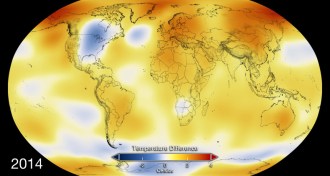 Climate
Climate2014 was Earth’s warmest year on record
Record-hot 2014 marks the 38th consecutive year of temperatures above the 20th century’s average.
-
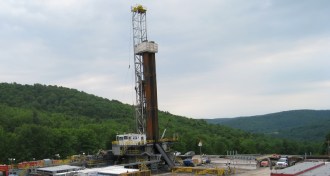 Environment
EnvironmentMore toxic chemicals found in oil and gas wastewater
High levels of ammonium and iodide found in wastewater from oil and gas exploration can harm aquatic life and form dangerous byproducts in tap water.
-
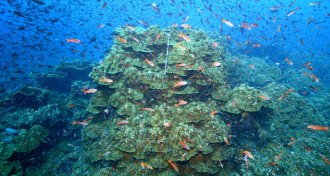 Climate
ClimateGalápagos waters preview future for corals
Posthumous analysis of Galápagos coral reefs reveals how climate change, carbon dioxide and pollution could kill off reefs worldwide by 2050.
-
 Health & Medicine
Health & Medicine‘AIDS’ gives inside view of science, politics of epidemic
In ‘AIDS Between Science and Politics,’ pioneering HIV expert Peter Piot discusses the factors and events that shaped the epidemic.